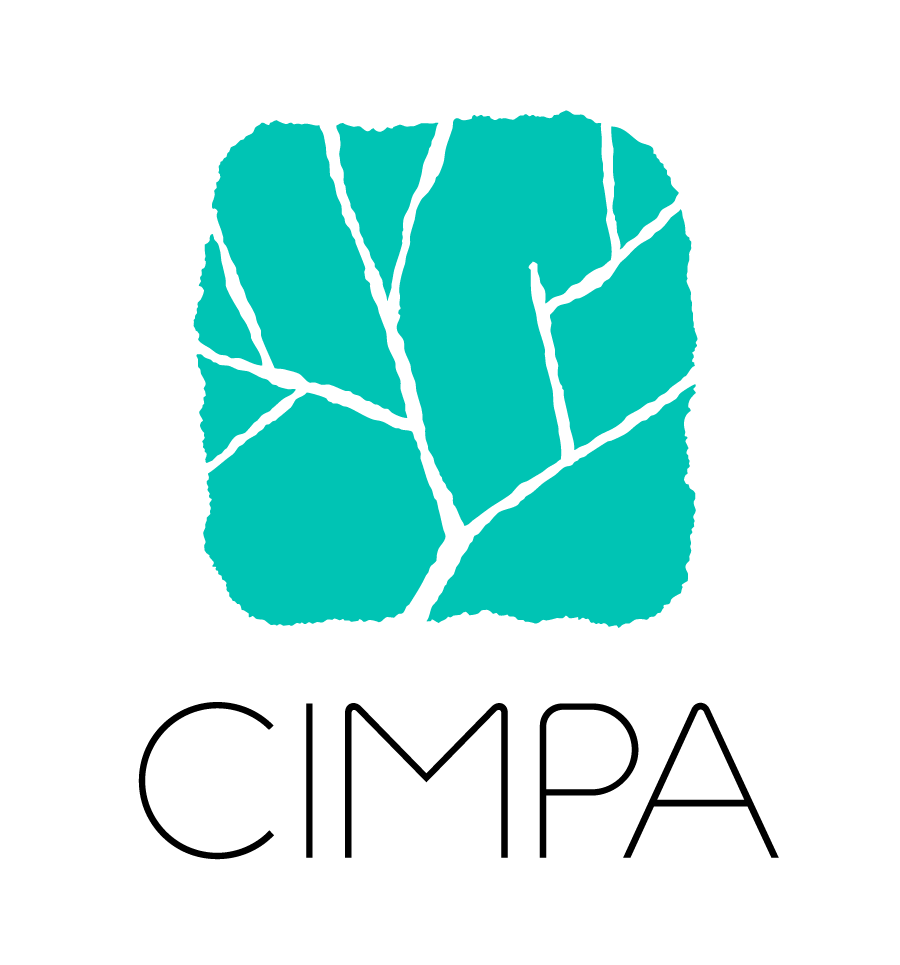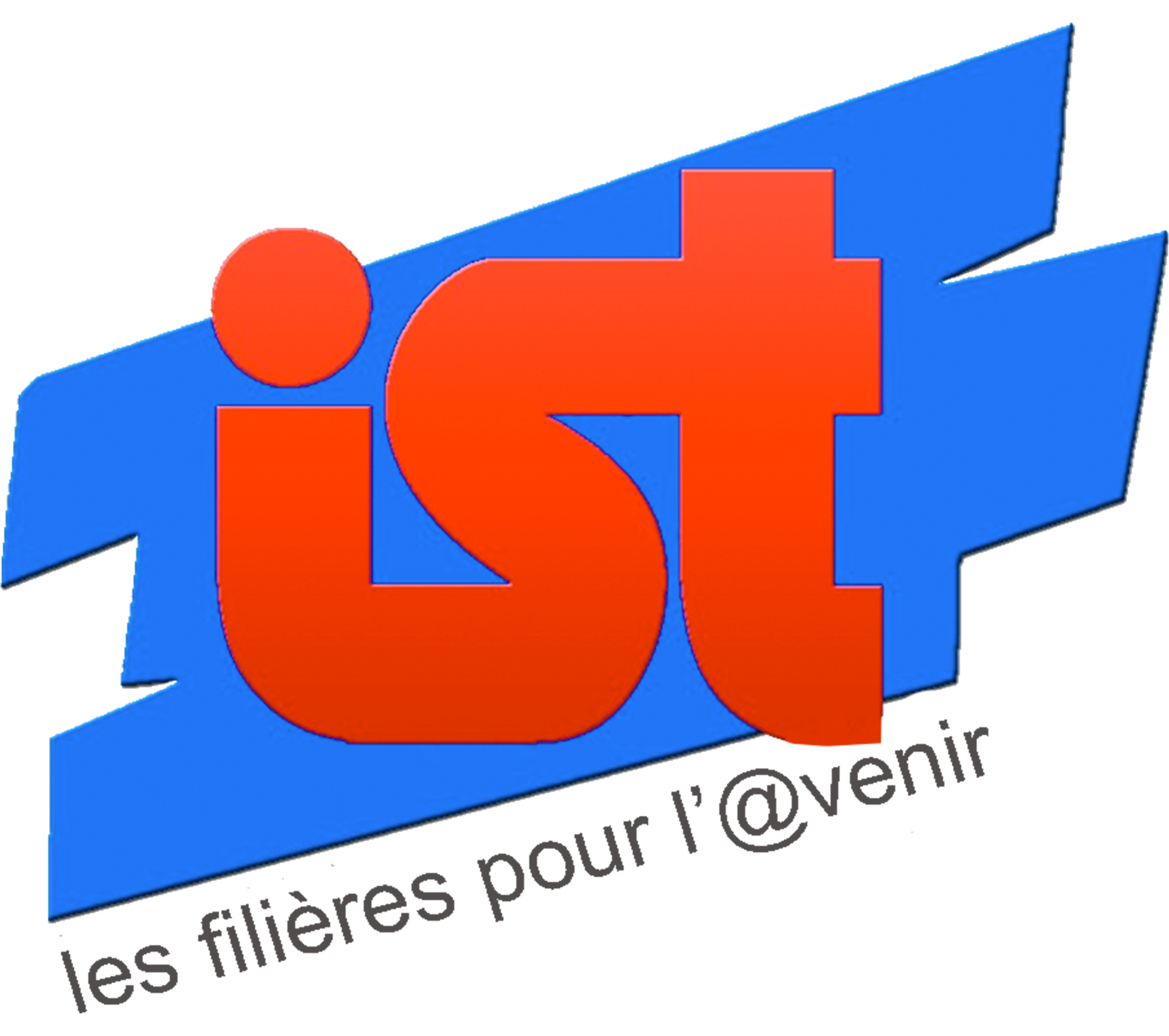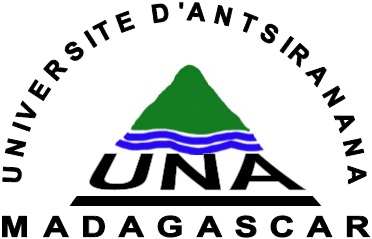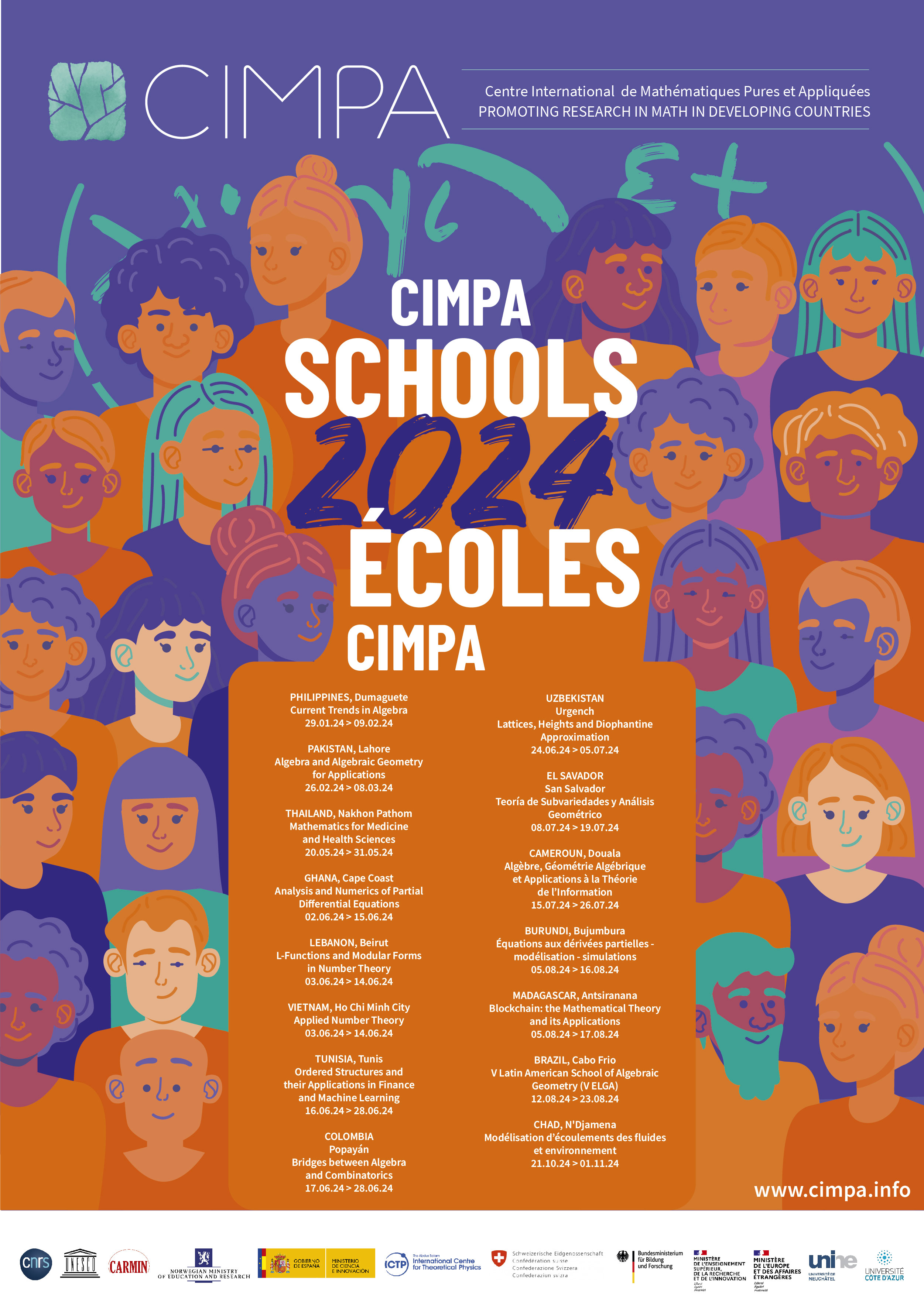CIMPA SCHOOL 2024
Antsiranana, Madagascar



Blockchain : the Mathematical Theory and its Applications
The call for participation to 2024 CIMPA School is now open.
Dates and location
The School will take place from 05 August 2023 to 17 August 2024 at Antsiranana Higher Institute of Technology (IST-D)
Registration
You must register on the CIMPA platform Deadline for registration and application 01 May 2024
Administrative and scientific coordinators
Lova ZAKARIASY (Higher Institute of Technology of Antsiranana, Madagascar, lova.raharimihaja@gmail.com)
Jorge URROZ (Universitat Politècnica de Catalunya, Spain, jorge.urroz@upc.edu)
In this school we will focus on two branches of blockchain technology. First, the development of blockchain technology including subjects such as the tokening of activities, fintech, proptech, insurtech, e-health, eGovernment, supply chain and social services, among other things.
We will also be dealing with the security issues behind this technology, more specifically the mathematical knowledge and cryptography in modular arithmetic as well as elliptic curve cryptography. We will give a scratch lecture in the mathematics needed and then focus on the cryptographical aspects related with blockchain.
Before the school, we will give preliminary lectures (essentially a popularization part, a cryptography part, an algorithmic and a distributed computing part). The pre-school will take place in Antsiranana a priori for local participants but we will set up a retransmission so that those who wish it can follow virtually these courses.
The school is aimed to make the participants potential contributors to a blockchain society.
Scientific committee
– Jorge URROZ (Universitat Politécnica de Catalunya, Spain)
– Jordi BAYLINA (Hermez Switzerland and Universitat Politècnica de Catalunya, Spain)
– Marta BELLES (Universitat Pompeu Fabra, Spain)
– Antonella DEL POZZO (Commissariat à l’Energie Atomique (CEA-LIST))
– José MUÑOZ (Universitat Politécnica de Catalunya, Spain)
– Vlady RAVELOMANANA (Université de Paris Cité, France)
– Sara TUCCI-PIERGIOVANNI (Commissariat à l’Energie Atomique (CEA-LIST))
Organization Committee
Institut Supérieur de Technologie d’Antsiranana and Université d’Antsiranana – Ecole Supérieure Polytechnique
– Briand TSIMITAMBY
– Hasina ANDRIAMIHARINJAKA
– Nicolas ANDRIAMANIRY
– Giron KAMONJA
– Béatrice MILASOA
– Rémi RAHARINAIVO
– Harrimann RAMANANTSOA
– Angelico RAONIZAFINANTENAINA
– Bruno RAZAFINDRADINA
– Mathilde RAZANARIVONJY
– Eric SAMBATRA
– Lova ZAKARIASY
A1
Title: The cryptographic tools behind the Blockchain
Domains: Number Theory
MSC: 11T71#94A60
Keywords: Elementary arithmetic#elliptic curves#cryptography
Description: This activity will develop the basic knowledge of cryptography and security needed to run a blockchain. This includes notions of complexity and bits of security. Then, we will define the concept of public key cryptography (PKC) including encryption and digital signatures. In the Blockchain, elliptic curve cryptography is utilized since relatively small keys can be used to provide high levels of security. Finally, we will provide some insights about the quantum paradigm and its implications in cryptographic algorithms.
Bibliography: – Network Security Essentials: Applications and Standards 6th Edition by William Stallings. – The handbook of applied cryptography by Alfred J. Menezes, Paul C. van Oorschot and Scott A. Vanstone.
Sessions: Jorge URROZ | 2.00 h (4 sessions)
A2
Title: Introduction to blockchain and distributed ledgers
Domains: Information Theory
MSC: 97R50#94A15
Keywords: cryptocoins#decentralization#Transactions#consensus
Description: We introduce digital coins based on cryptography. We describe what is a blockchain network and what problems can it solve. We explain the main characteristics of the different blockchain systems. Then, we explain how centralized Ledgers work and the different forms in which we can decentralize them. Next, we talk about transactions and consensus to create distributed Ledgers. We talk about the different forms of consensus and namely about the Byzantine consensus.
Bibliography: – Mastering Bitcoin by Andreas Antonopoulos.
Sessions: Jose MUÑOZ | 2.00 h (4 sessions)
A3
Title: Decentralized Algorithms
MSC: 68W15#68Q25
Keywords: distributed computing#decentralization#algorithms
Description: We provide an introduction course to decentralized systems that work when no single party is in charge or fully trusted. This course starts with design of basic algorithms such as broadcast (1-to-all messaging), gossip (all-to-all messaging) leader election, random number generation all in the context of decentralized algorithms. Next, we will design and analyze various consensus protocols when there is no faulty or malicious processes. Then we will study some protocols when there are crash and Byzantine failures. Namely, this
part of the course will show solvability (and impossibility) results for some agreement problems.
Bibliography: – Distributed Computing. Fundamentals, Simulations and Advanced Topics. Second Edition. Hagit Attiya. Jennifer Welch
Sessions: Vlady RAVELOMANANA | 2.00 h (4 sessions)
A4
Title: Scalability and Interoperability: from 2-layer payments to inter-blockchain protocols
MSC: Theoretical Computer Science
Keywords: distributed protocols#blockchaing#interoperability
Description: This activity will raise awareness on scalability and interoperability problems in the blockchain realm especially important to envisage the next Web3 revolution. After presenting performance bottlenecks of blockchains (PoW, PoS and BFTs based blockchain), we will pass in review recent developments to overcome these bottlenecks such as 2-layer protocols for payments (lightning and DMC), rollups, and sharding techniques. We will dig into distributed protocols used to guarantee consistency of transactions spanning different blockchains, such as atomic cross-chain swap and atomic-commit for distributed cross-shard transactions.
Sessions: Sara TUCCI-PIERGIOVANNI | 2.00 h (2 sessions) Antonella DEL POZZO | 2.00 h (2 sessions)
Total duration: 32.00 h
B1
Title: Smart contracts and the Ethereum Virtual Machine (EVM).
Domains: Information Theory
MSC: 97R50#94A15#91A80
Keywords: SmartContracts#EVM
Description: We describe the architecture of the Ethereum Virtual Machine (EVM) and how to program smart contracts. In particular, we describe the basics of the Solidity language.
Bibliography: – Solidity description at https://docs.soliditylang.org
Sessions: Jordi BAYLINA | 2.00 h (3 sessions) Jose MUNOZ | 2.00 h (1 session)
B2
Title: Zero knowledge proofs applied to blockchain
Domains: Information Theory
MSC: 97R50# 94A15#91A80
Keywords: ZKP#zk-SNARKS#privacy#scalability
Description: We will describe the general setting of Zero Knowledge Proofs (ZKPs). Then, we will explain the Schnorr protocol and its security proofs including the simulator and the extractor. We will talk about commitments and the Fiat-Shamir heuristics. Then, we describe Non-Interactive Zero-Knowledge proofs (NIZKs) and Zero-Knowledge Succinct Non Interactive Argument of Knowledge (zk-SNARKs). We also explain STARKs and PLONK. Finally, we describe circuits and machines for applications with privacy.
Sessions: Marta BELLES | 2.00 h (3 sessions) Jordi BAYLINA | 2.00 h (1 session)
Total duration: 16.00 h
C1
Title: The cryptographic tools behind the Blockchain
Description: Exercises for the course of the same title.
Sessions: Jorge URROZ | 2.00 h (2 sessions)
C2
Title: Introduction to blockchain and distributed ledgers
Description: Exercise sessions for the course of the same title
Sessions: Jose MUNOZ | 2.00 h (2 sessions)
C3
Title: Decentralized Algorithms
Description: Exercises for the course of the same title
Sessions: Vlady RAVELOMANANA | 2.00 h (2 sessions)
C4
Title: Smart contracts and the Ethereum Virtual Machine (EVM)
Description: Exercise session for the course of the same title
Sessions: Jordi BAYLINA | 2.00 h (1 session) Jose MUNOZ | 2.00 h (1 session)
C5
Title: Scalability and Interoperability: from 2-layer payments to inter-blockchain protocols
Description: Exercises for the course of the same title
Sessions: Sara TUCCI-PIERGIOVANNI | 2.00 h (1 session) Antonella DEL POZZO | 2.00 h (1 session)
C6
Title: Zero knowledge proofs applied to blockchain
Description: Exercise session for the course of the same title
Bibliography: – https://people.cs.georgetown.edu/jthaler/ProofsArgsAndZK.pdf
Sessions: Marta BELLES | 2.00 h (2 sessions) Jordi BAYLINA | 2.00 h (1 session)
Total duration: 26.00 h
The School will take place from 05 August 2023 to 17 August 2024 at Antsiranana Higher Institute of Technology (IST-D)


